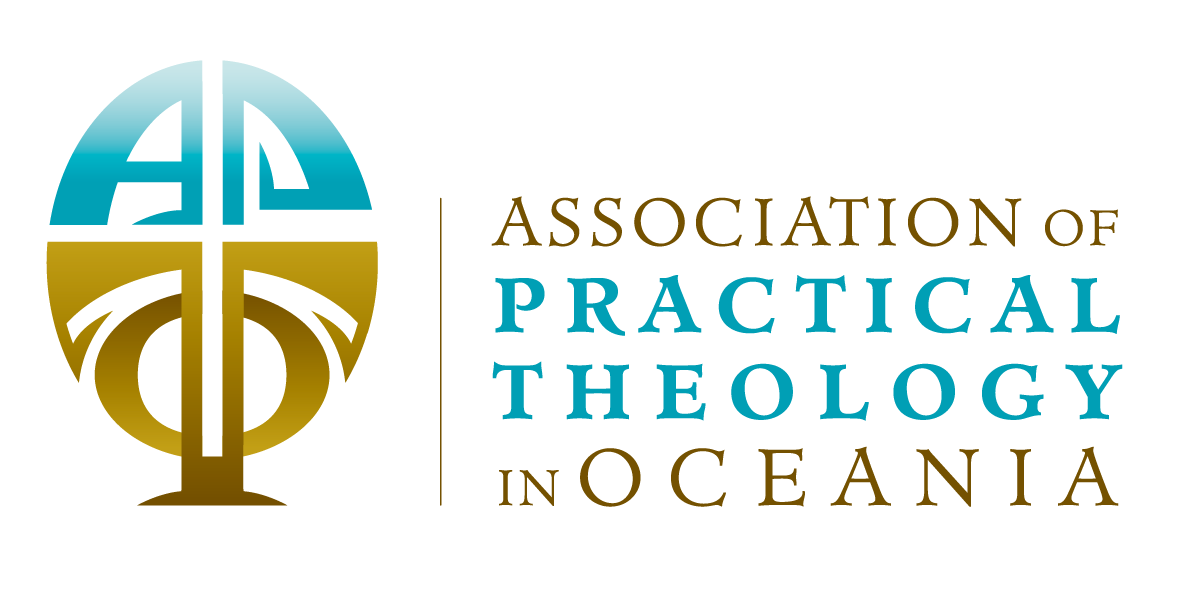

Discussion Time:
This paper is part of an ongoing project in which I aim to rethink the traditional understanding of beauty as an attribute of God. I will do this in the context of the theory and theology of aesthetics and the practice of liturgy. Liturgical expressions of light and darkness, and beauty and ugliness will be analysed to show how these pairings are related rather than mutually exclusive. For the purposes of this paper, I will focus on current events relating to the Covid19 and the problematic liturgical situation in which we find ourselves. Consequently, seeming opposites such as illness/wellness, breaking/healing, absence/presence, celebration/lament and praise/reproach will also be explored in terms of relationships rather than oppositions. I will discuss the theological implications of these relationships for our understanding of the nature of God and the flow-on implications for our Christian mission to heal.
Identity issues are on the rise in Malaysia as traditional notions of cultural and religious identities are challenged and negotiated amid globalization and increasing Internet access. Increasing fanaticism and extremism from the majority religion in Malaysia has also encouraged Christians from focusing on denominational differences and focus instead on what is held in common. One of the main points of differences is centred on the Holy Communion or Eucharist or the Sacrament of the Table. This has become more apparent during the Covid-19 pandemic, as different denominations – all recognizing the centrality and healing factor of the Holy Sacrament – respond differently as to whether Holy Communion should be celebrated during the lockdown period. While the discussion has thus far been centred on a theological perspective, this paper seeks to explore the decision of the Lutheran Church in Malaysia to withhold the Sacrament during the Covid-19 lockdown from a ritual theory perspective, particularly in considering whether physical participation in the ritual is necessary or whether virtual participation is sufficient.
In Australia, as in many countries, the COVID-19 pandemic has seriously affected all aspects of life as we know it. In terms of the lethal effects of the virus, Australia can be considered as one of the ‘lucky’ countries because of its ability through isolation and a well-resourced health system, but this relatively happy situation is not as perfect as it may appear. International students, refugees and asylum seekers and the many casual workers employed in hospitality are amongst some groups of people living in Australia who have been forced into greater poverty and unemployment through the economic effects of the pandemic. For women the situation is similar as for other women throughout the world. There are clear economic consequences for women in Australia resulting in less well-resourced women experiencing increased disadvantage primarily through job losses and their over-representation in the casual workforce. The effects of the pandemic are more extensive felt by women than only in the economic sphere. For example, the United Nations has named violence against women as the ‘shadow pandemic’ of COVID 19. This paper explores the situation of women in Australia in the light of the COVID 19 pandemic and the contribution that practical theology might make in the re-contextualising the eventual recovery from the virus away from the economic status quo – a return to the economy driving this nation’s prosperity – to a context of care ethics. If adopted, the ethics of care could act as a cohesive driver for those most sorely affected and those who advocate on their behalf.